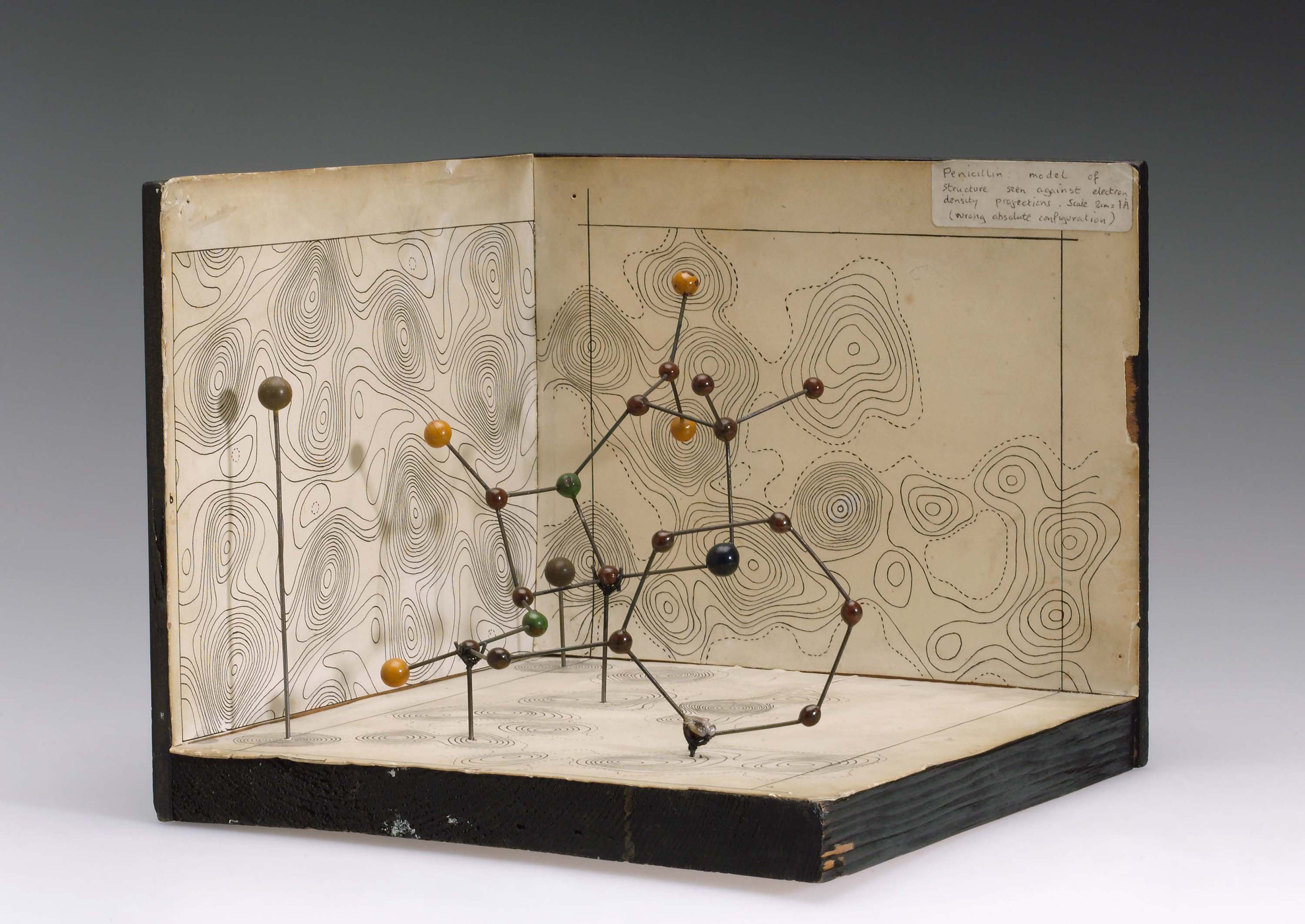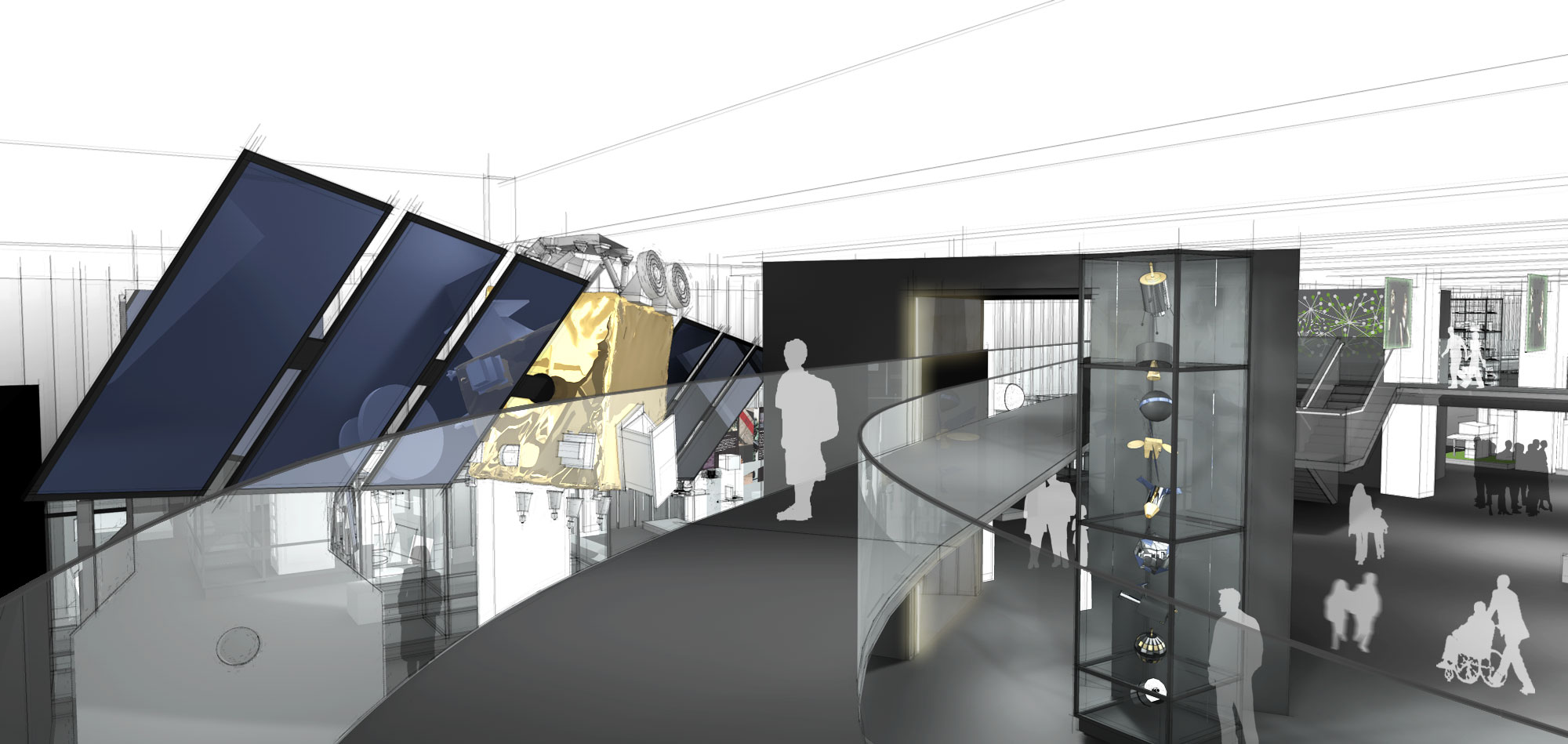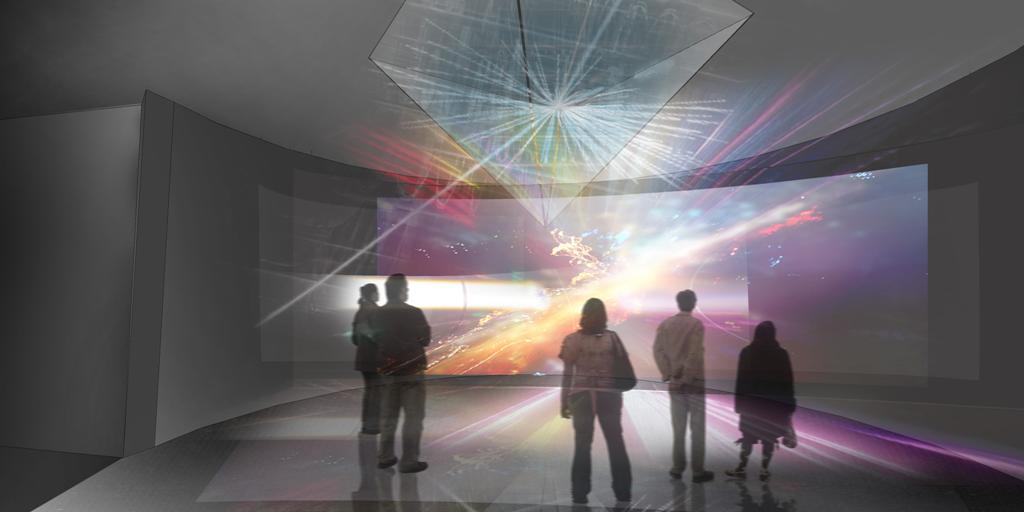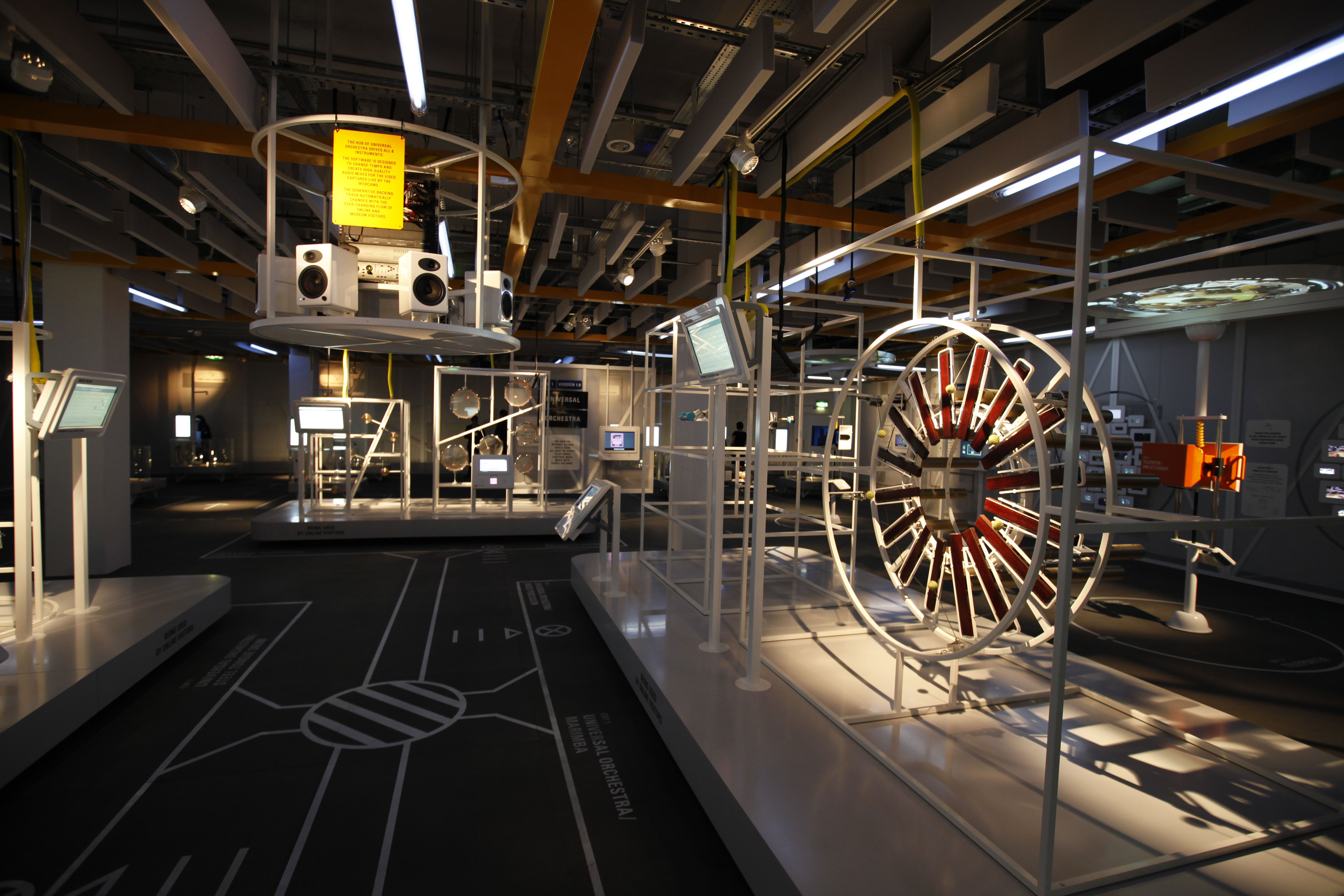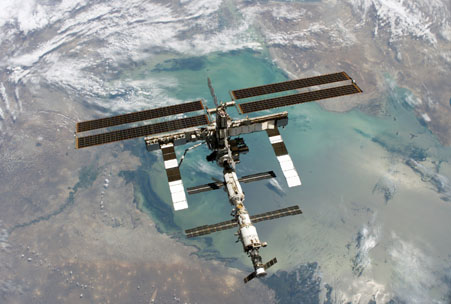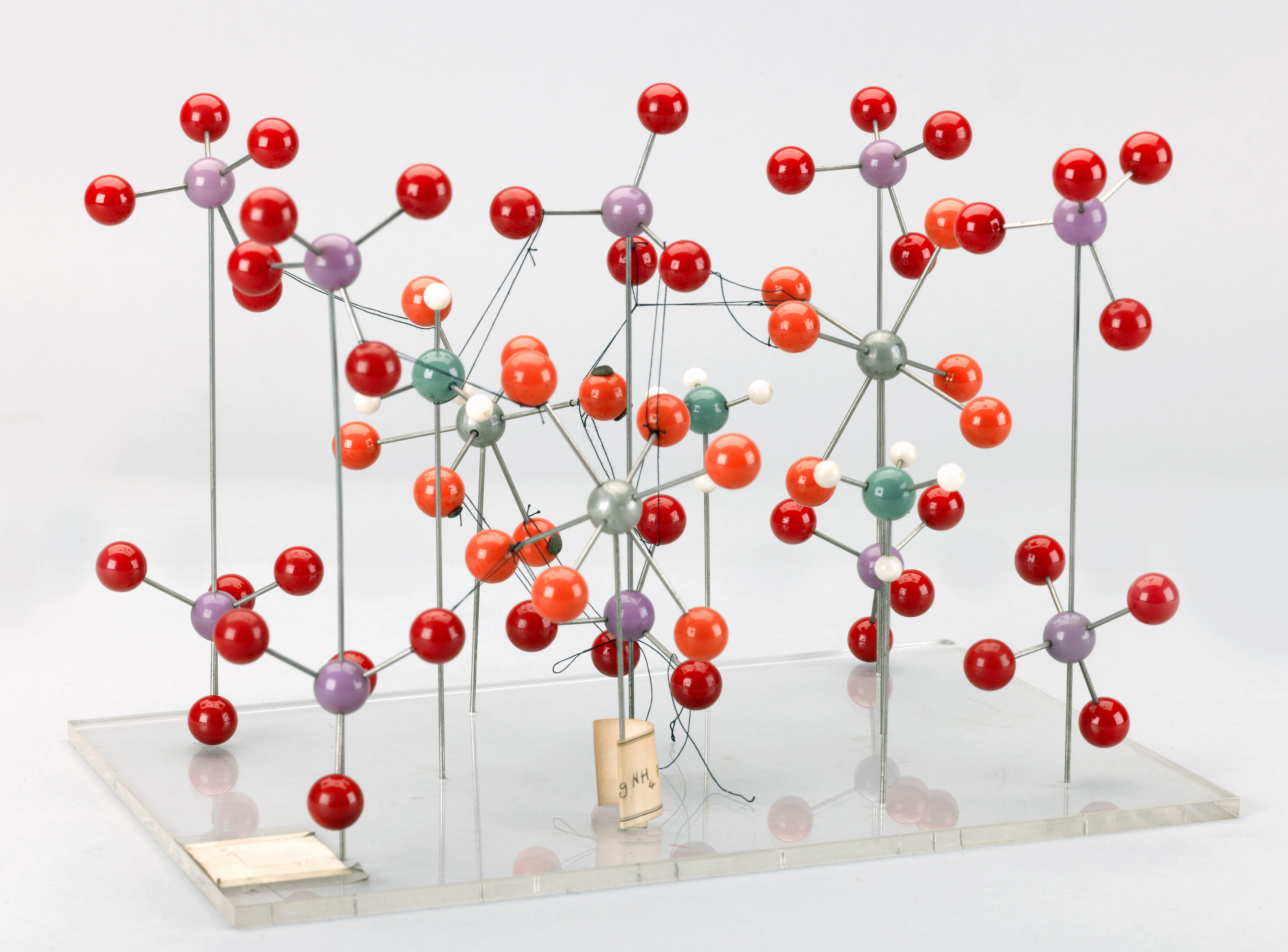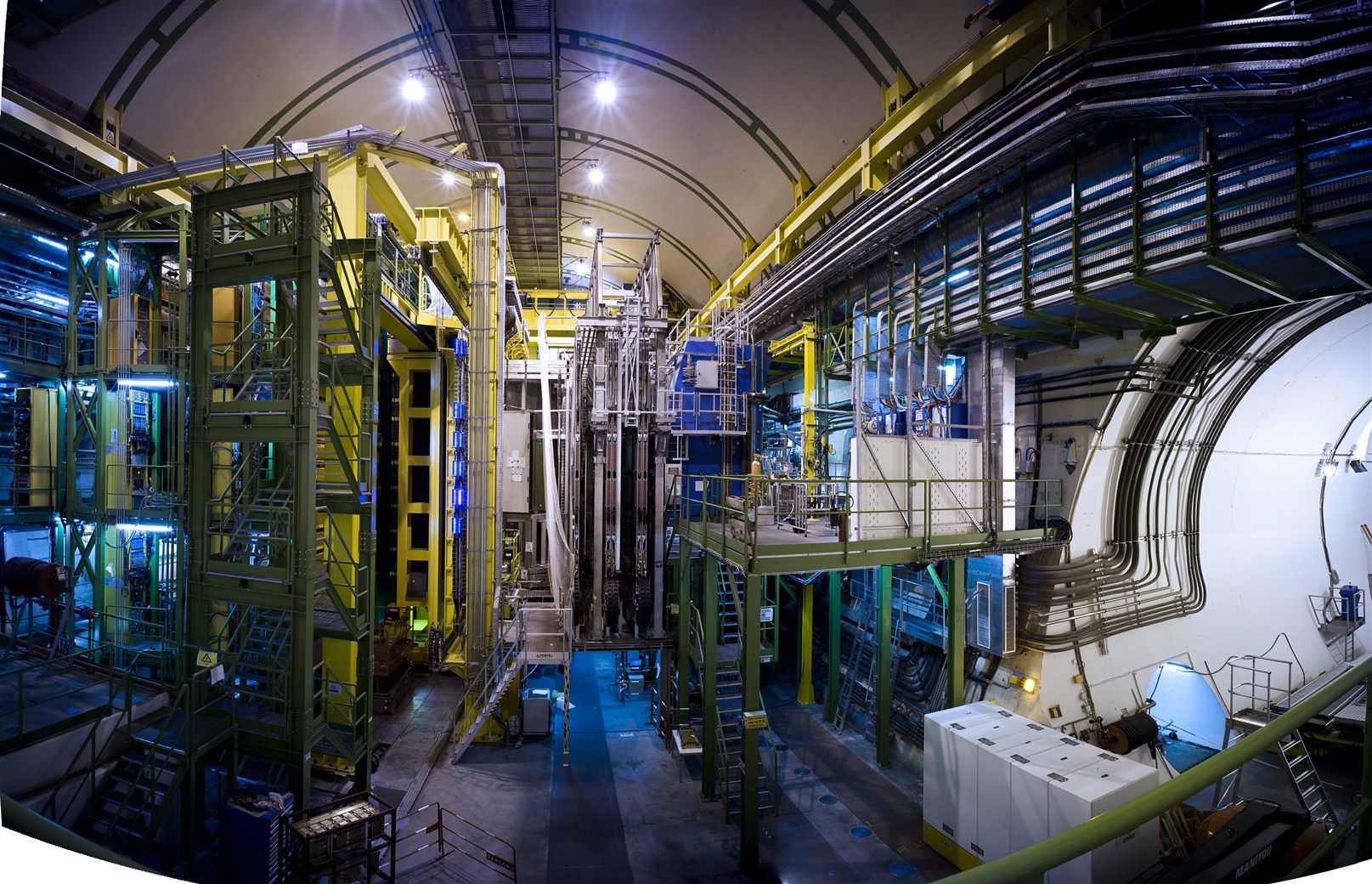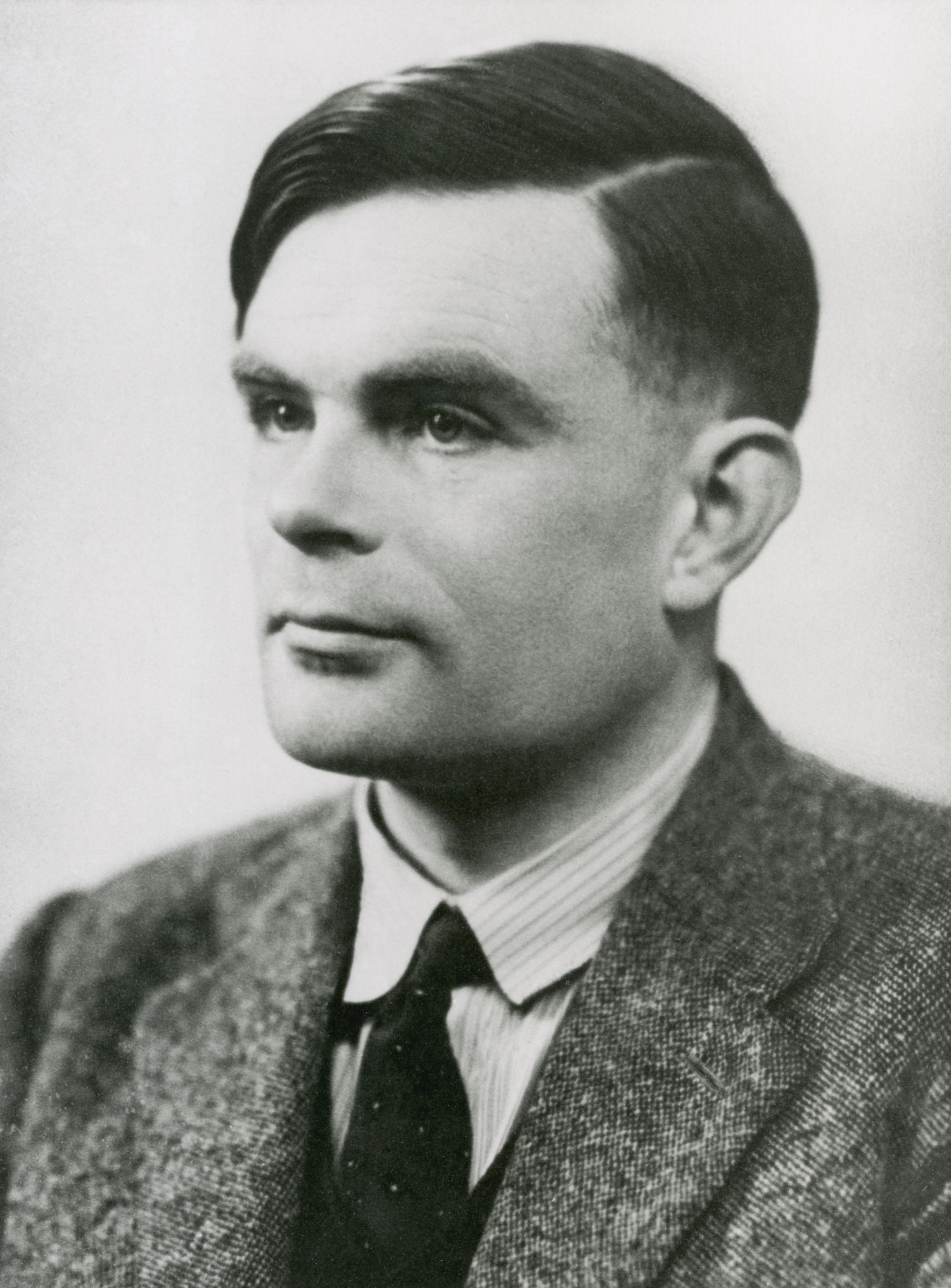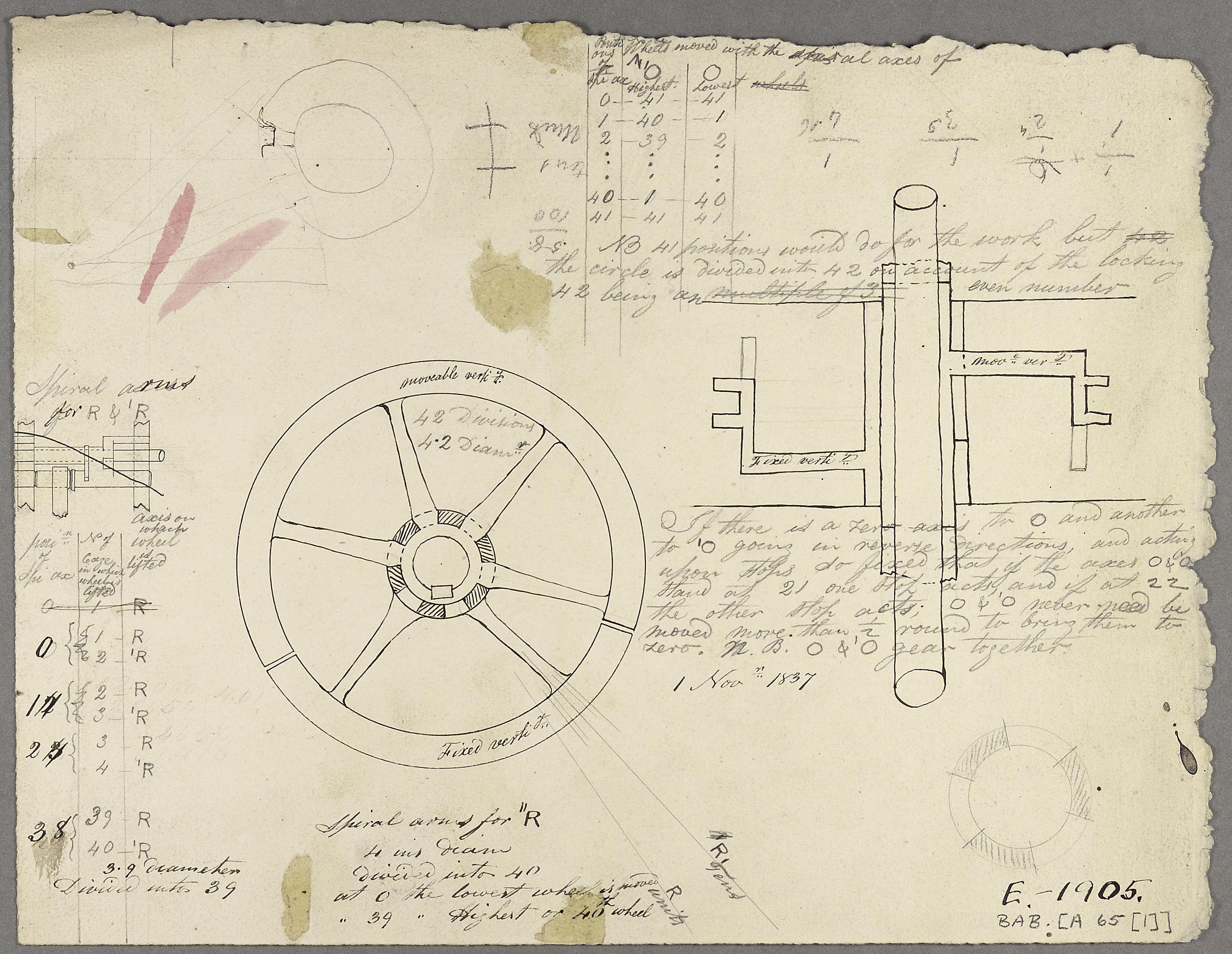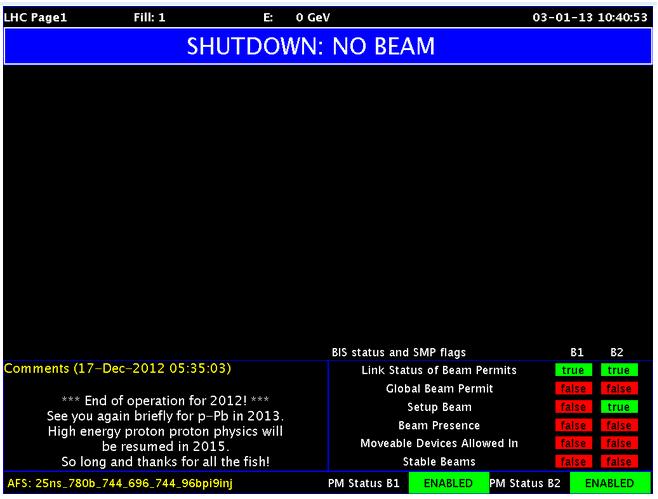From iconic galleries like Exploring Space to award-winning newer additions to the museum like Mathematics: The Winton Gallery our galleries make the museum an inspiring place to explore. We also open temporary exhibitions throughout the year covering a range of topics from science and technology to history and photography.
The things and objects of history are important because they provide a tangible connection to the past. Seeing, or better yet holding and touching, the stuff that generations now dead made and worked with enlivens history, shucking us from the present and its endless clamour for our attention. The Hidden Structures exhibition at the Science Museum trips us into the history of X-ray crystallography with a small but intriguing display of objects from the 1940s through to the 1970s. The […]
Last night the Science Museum announced exciting details about a new £16m communications gallery, Information Age, writes curator Charlotte Connelly
In Emily’s second post, find out about one of her favourite art pieces in the Science Museum Sitting there, watching Listening Post, I was strangely mesmerised. The computer synthesised voices read out posts in different, monotonic keys, creating a calm chorus of gentle noise. I was completely hypnotised and probably could have sat there for hours… Created by artists Mark Hansen and Ben Rubin, Listening Post is an art project which came to the museum in 2003. It displays small […]
The Science Museum is bringing the LHC to London in a new immersive exhibition opening in November writes Dr. Roger Highfield
Chrome Web Lab has been nominated for three Webby Awards but now we need your vote.
Have you ever wondered how you clean your teeth in space? It’s not a problem for most of us, but for the six astronauts orbiting above us in the International Space Station, even simple tasks can be challenging in microgravity.
To celebrate the centenary of X-ray crystallography, the Science Museum has just opened Hidden Structures, a new display of molecular models made using the technique writes Boris Jardine
Dr. Harry Cliff, a Physicist working on the LHCb experiment and the first Science Museum Fellow of Modern Science, writes about a new discovery at CERN – the X particle – for our blog.
What’s Web Lab, we hear you ask? It’s an interactive exhibition about the World Wide Web based online and here at the Science Museum.
David Rooney, curator of the Science Museum’s award-winning Codebreaker exhibition, discusses mathematician Alan Turing’s contributions to science and society as part of LGBT History Month.
Plans for Babbage’s Victorian computer and a giant calculator are going on display in the Science Museum next week explains Cate Watson
Over the past three weeks, deep under the Jura Mountains on the Swiss-French border, a monster has been sleeping.
The Large Hadron Collider, the world’s largest experiment, normally runs for 24 hour-a-day, seven days a week, but for four weeks in January and December, it is switched off writes Alice Lighton.
